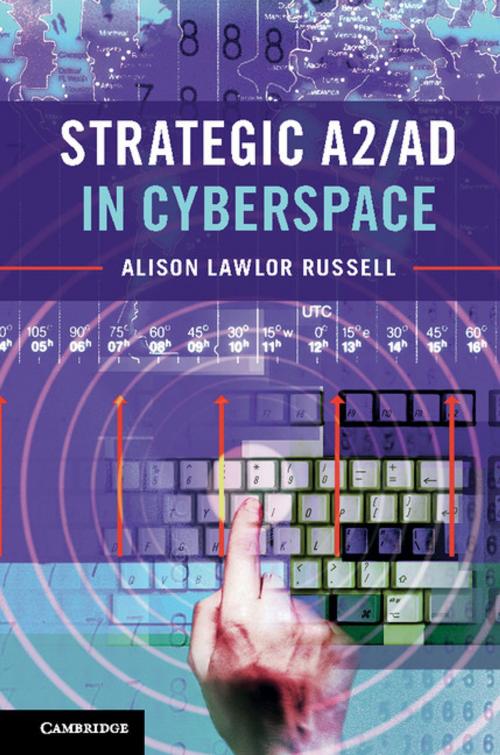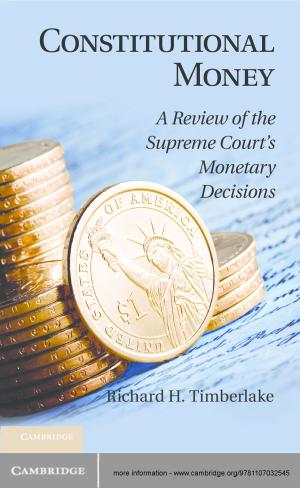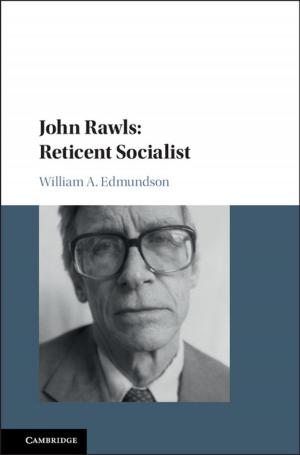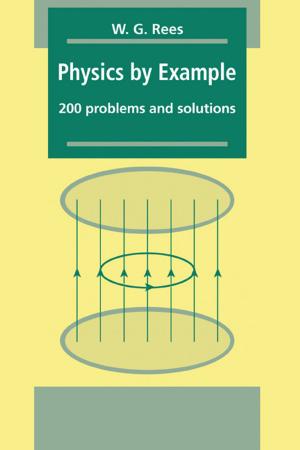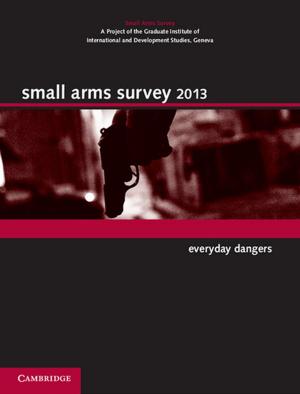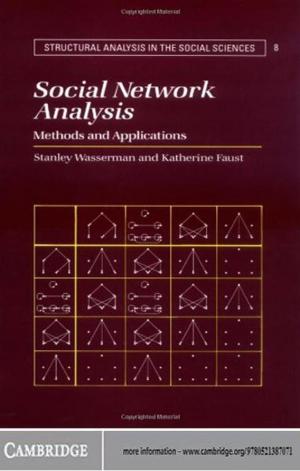| Author: | Alison Lawlor Russell | ISBN: | 9781316819548 |
| Publisher: | Cambridge University Press | Publication: | February 1, 2017 |
| Imprint: | Cambridge University Press | Language: | English |
| Author: | Alison Lawlor Russell |
| ISBN: | 9781316819548 |
| Publisher: | Cambridge University Press |
| Publication: | February 1, 2017 |
| Imprint: | Cambridge University Press |
| Language: | English |
Strategic A2/AD in Cyberspace focuses on exclusion from cyberspace, or the ability of a state to be cut off entirely from cyberspace. Strategic anti-access and area denial (A2/AD) operations are common in other domains, but, before now, they have not been examined for their relevance to cyberspace. This book examines how strategic A2/AD operations can cut off states from cyberspace through attacks at either the physical or logic layers of cyberspace. The result of strategic cyber A2/AD operations could be catastrophic for modern economies, governments, military forces, and societies, yet there has been surprisingly little study of these threats to states' access to cyberspace. This book examines the implications of strategic cyber A2/AD operations for deterrence strategy and proposes a new view of how exclusion from cyberspace can be used as a coercive tool in diplomacy.
Strategic A2/AD in Cyberspace focuses on exclusion from cyberspace, or the ability of a state to be cut off entirely from cyberspace. Strategic anti-access and area denial (A2/AD) operations are common in other domains, but, before now, they have not been examined for their relevance to cyberspace. This book examines how strategic A2/AD operations can cut off states from cyberspace through attacks at either the physical or logic layers of cyberspace. The result of strategic cyber A2/AD operations could be catastrophic for modern economies, governments, military forces, and societies, yet there has been surprisingly little study of these threats to states' access to cyberspace. This book examines the implications of strategic cyber A2/AD operations for deterrence strategy and proposes a new view of how exclusion from cyberspace can be used as a coercive tool in diplomacy.
